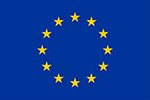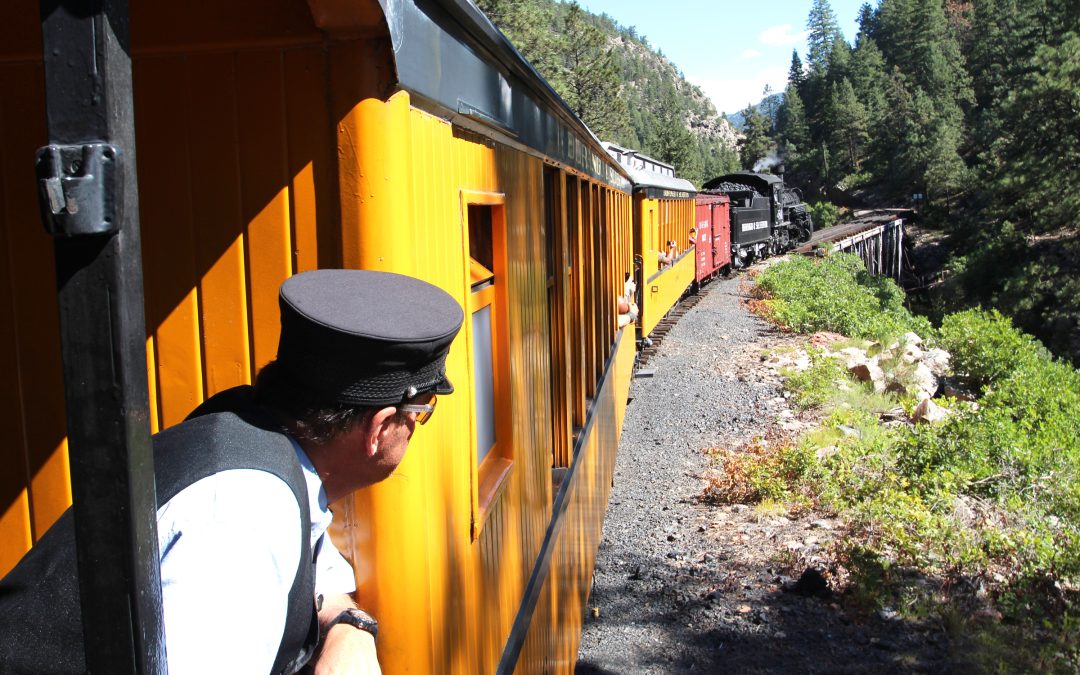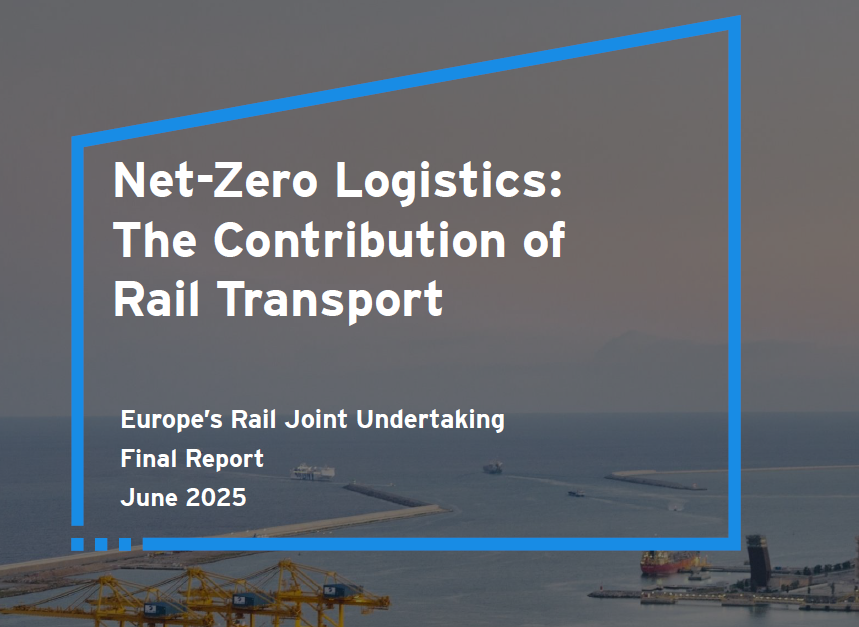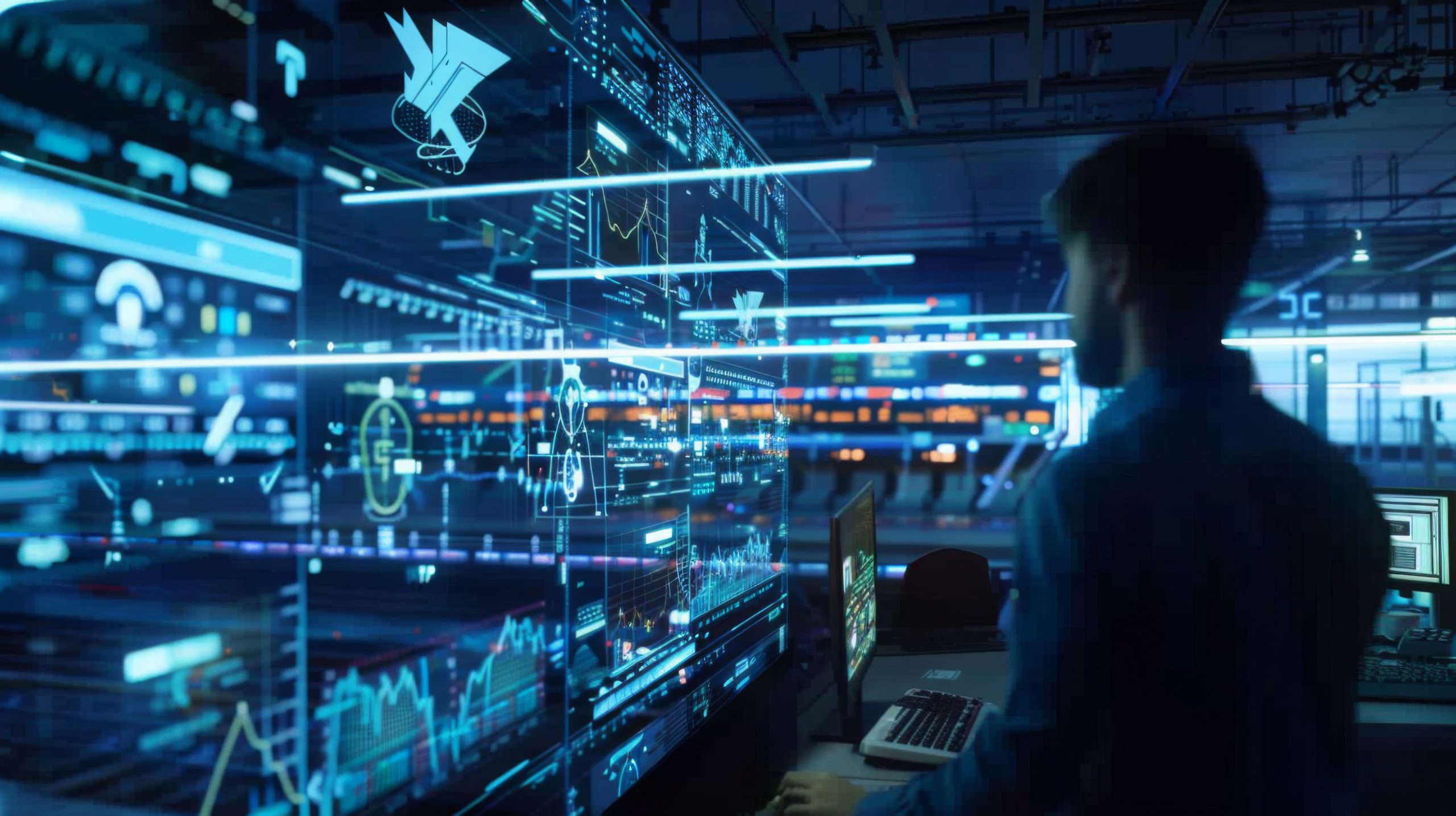Europe must take decisive steps to simplify and modernise its rail systems to strengthen competitiveness,...
Digital Automatic Coupling (DAC) is set to transform European rail freight. It will indeed benefit the entire rail freight sector, including operators, infrastructure managers, and manufacturers. Thanks to DAC, network capacity will be increased, train formation will require less shunting, manual processes will be reduced while predictive maintenance will be enabled.
To achieve all this, a single European-wide system incorporating broad sector agreement and the alignment of all ongoing and planned European DAC initiatives is needed. This is why Shift2Rail’s Executive Director proposed the set-up of the European DAC Delivery Programme (EDDP) to the Governing Board, which endorsed it, as an initiative with its own governance, integrating external initiatives and actors as well as relevant research outputs of the Shift2Rail R&I Programme.
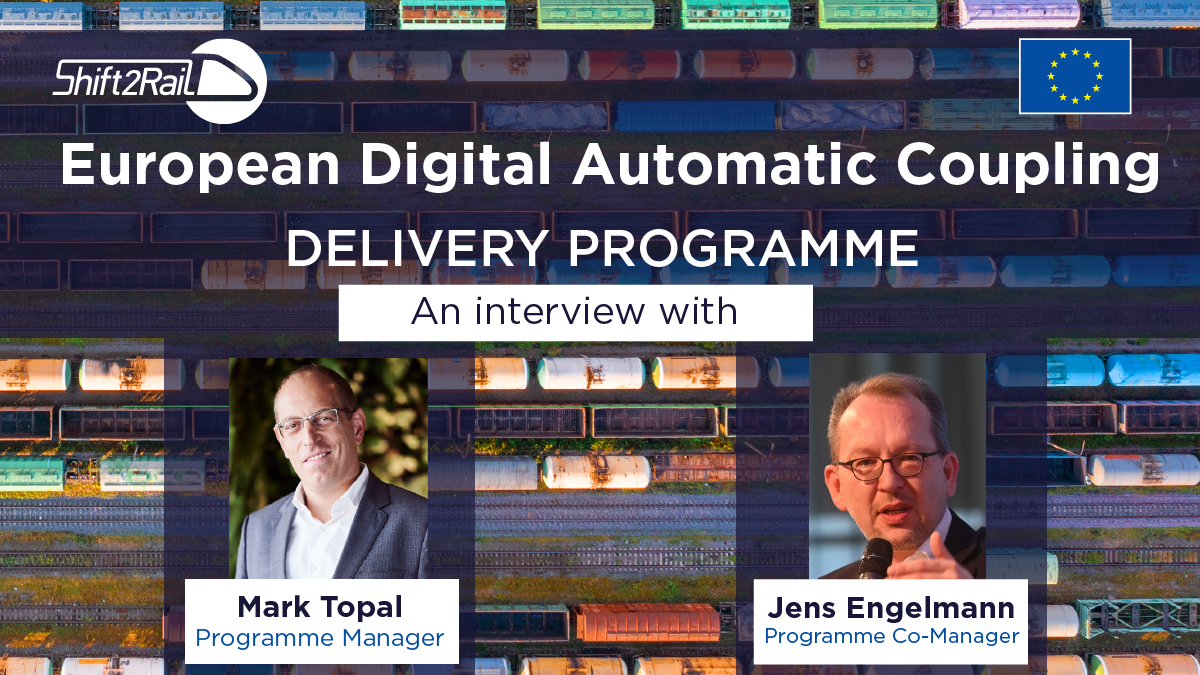
Our Executive Director, Carlo Borghini, got talking to EDDP’s newly appointed Programme Managers (Mark Topal, Chief Technical Officer of ÖBB, and Jens Engelmann, Founder of railiable) to find out more about their role and ambitions for the Programme, as well as how we can ensure the involvement of the whole sector.
Carlo Borghini: What are your hopes and ambitions for the European DAC Delivery Programme?
Mark Topal: DAC will boost rail freight transport in Europe by increasing capacity, efficiency and quality of the system. Being a key technology for a significant modal shift to rail, DAC is a real game changer for the European Green Deal. This is a unique chance but a great challenge as well. The European DAC Delivery Programme will have to provide a commonly agreed single standard DAC technology, an ambitious migration plan respecting the different regional conditions in Europe and, most importantly, a common understanding of use cases, benefits and costs, as well as addressing the needs for funding and financing instruments.
Jens Engelmann: Currently we are working on making this big picture clearer for everyone. It is especially important as we need to synchronise the different tempi in Europe now in order to make the big step together afterwards. We have an excellent basis and preliminary work to build on, provided by the EU Member States and Shift2Rail projects. However, on the other hand we also have stakeholders in Europe who have never heard about DAC and yet we expect them to become relevant implementers. Here our hope is that Shift2Rail, as the enabler for the whole programme, will be able to make it easier to involve all EU stakeholders from politics to business in one unique platform. Otherwise it will not work.
Carlo Borghini: How do you see your specific roles, and what will each of you bring to the job?
Mark Topal: I think that it is important that operators and users (railway undertakings, wagon keepers and infrastructure managers) mainly drive this programme, while we also need to associate suppliers to make it happen and to integrate it with other systems. We know about the opportunities and the benefits, but also the obstacles and risks that come into play when implementing DAC. As CTO of ÖBB Group, I will take care that we follow a clear logic here. Use Cases will be the basis and starting point. They define the functional specifications and financial limitations for the technology being developed, tested, standardized and finally deployed and operated. Furthermore, ÖBB is in the geographical, political and technological position to bridge and connect different regions, cultures and positions. Establishing consensus with all partners and stakeholders within the European DAC Delivery Programme by respecting and understanding the respective doubts and concerns, and by actively proposing solutions of mutual interest is something I have put as a top priority on my agenda.
Jens Engelmann: It would be a little too much for Mark to do all this work alone besides his “normal” job so there needs to be some additional resource, with certain “European qualities”. Since the beginning of my railway career, I have been permanently working at an international level, in rail freight and in overall rail system design. I know the relevant European stakeholders rather well – be it from wagon keepers to the European Commission – their specific needs and the challenges of such a programme. Seven years at ERA has also left its footprints on my experience. Having once been the head of freight wagon technology at Deutsche Bahn some time ago is also helpful to this specific role. In earlier times, I have even had the experience of not managing to successfully introduce an automatic freight coupler! But this is another story, and yet also a useful experience! In short, I think having the overview and understanding the system, Europe and the stakeholders as well as a clear business needs orientation are key here, and this is what I want to bring.
Mark Topal: If I may add something here: I am really grateful that we have Jens on board. Since we started together last year, we have had some very busy and intense weeks!
Carlo Borghini: How can we involve the sector, including those not in the position to join?
Mark Topal: We need to find ways so that all will be in the position to join. If we fail to do so, we will have a problem! However, there are different stages and phases of the programme to join. When it comes to define the migration plans, funding needs and operational rules we will need to have the vast majority of the sector on board. We need to inspire the missing partners by presenting them this opportunity. The benefits and the target picture need to be crystal clear, and the specific doubts and concerns need to be reflected. So people need to say “I want to join this, because it makes sense!”
Jens Engelmann: Indeed, we need to create the environment where everybody can join “what makes sense’’ for them. The work will need resources and budget, and stakeholders will only invest them if they see it’s worth the effort. Fortunately, Shift2Rail is the ideal platform for arranging this. We are also really happy that we have such a great team of work package leaders contributing to the work. The companies who have appointed their staff to work on the EDDP already clearly see an added value. We also count a lot on the representative bodies, the national associations, on all exchange platforms run by Shift2Rail and the Commission, with the Member States and all other stakeholders involved to establish a real dialogue. This is why it is so important that such a programme starts at a European level.
Mark Topal: Besides driving the work behind technics, economics, migration plans etc., it will only work if people are convinced by the idea. Ultimately, when it comes to the European deployment of DAC, either we will be successful together, or we will fail together. I prefer, as I believe we all do, to be successful.
Carlo Borghini: Many thanks to you both. I share your vision and appreciate all the work you have already done and will continue to do to help us make the programme a success. Together with the sector, we are setting the basis for a new approach to the deployment of innovative technological and operational solutions, driven by the needs of the final users to answer EU policies. This approach will also steer the way of working under Shift2Rail’s successor programme.
The EDDP is an entirely open programme and we look forward to active participation from stakeholders. Please submit your interest by clicking on the form below.
